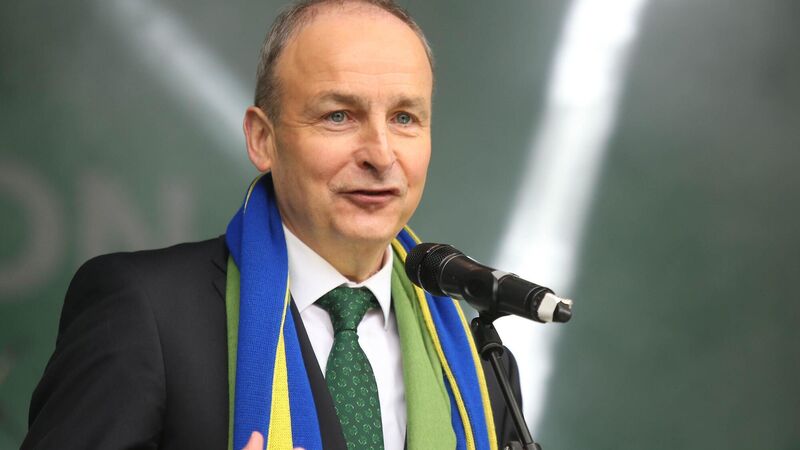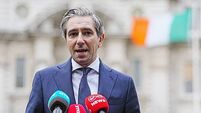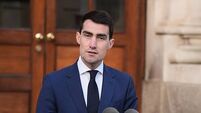Daniel McConnell: Martin is striding away from past strife with an eye on the future

Micheál Martin seemed to be dogged by misfortune — losing not one but two agriculture minister for instance — but his slow and steady style appears to be paying dividends. File picture
Politics is such a fluid entity.
You can be up one minute and down the next.















